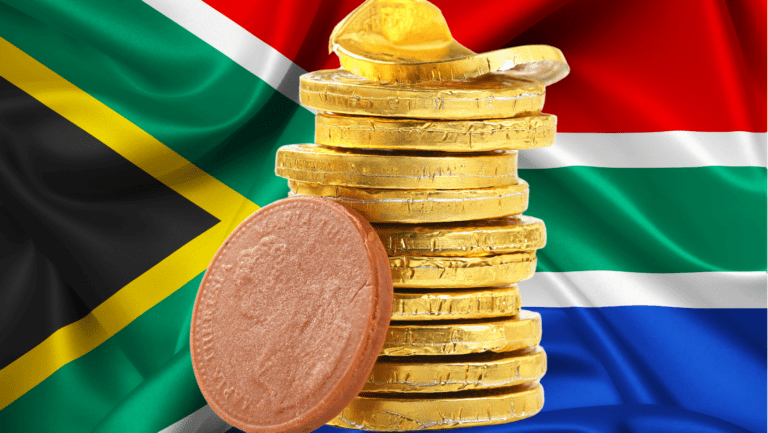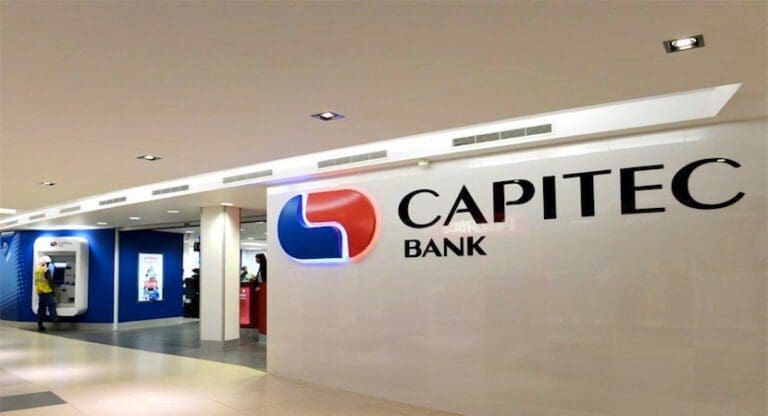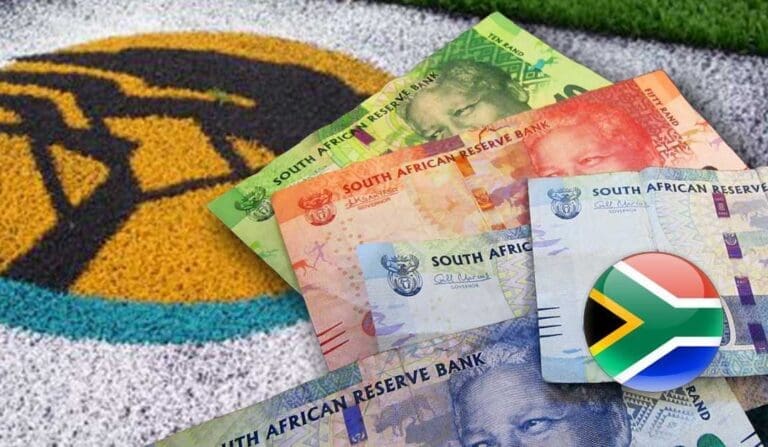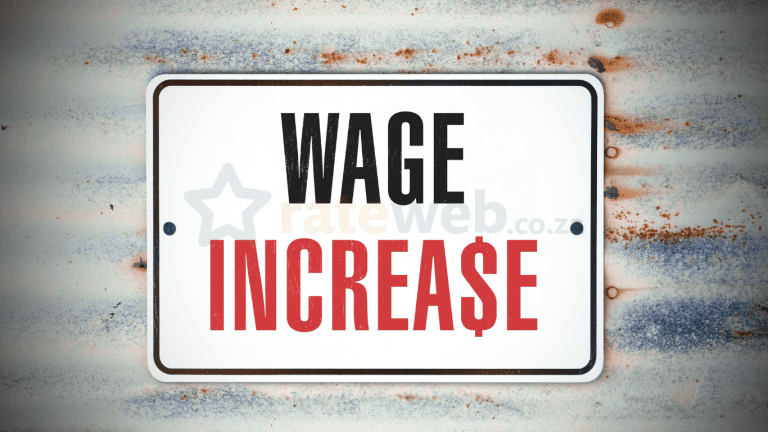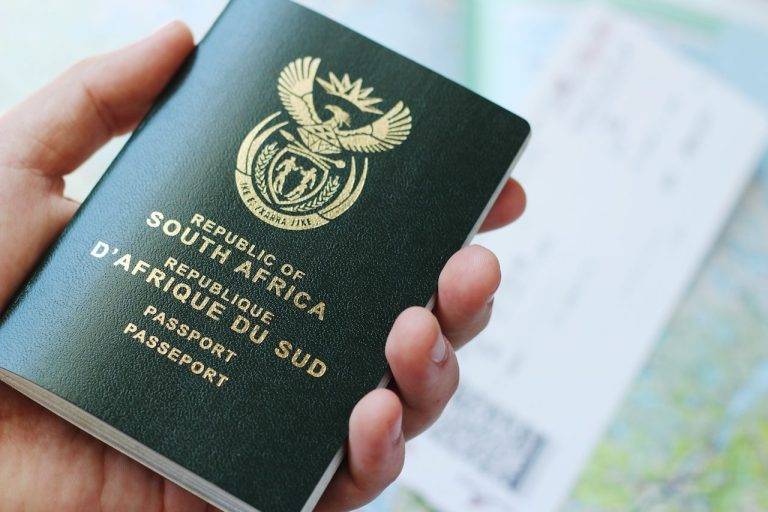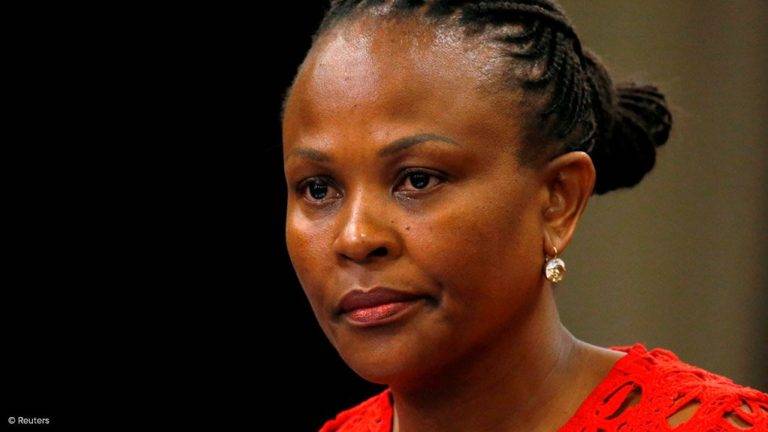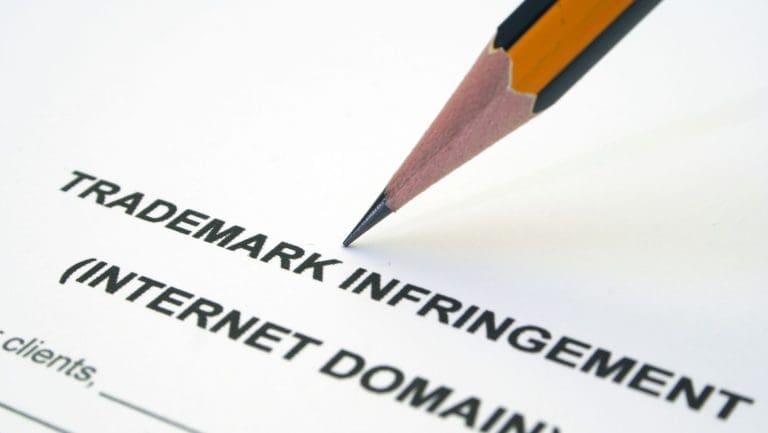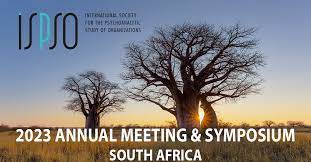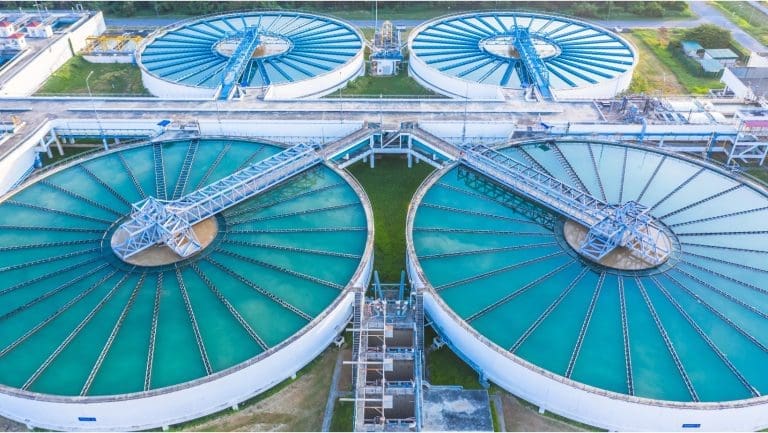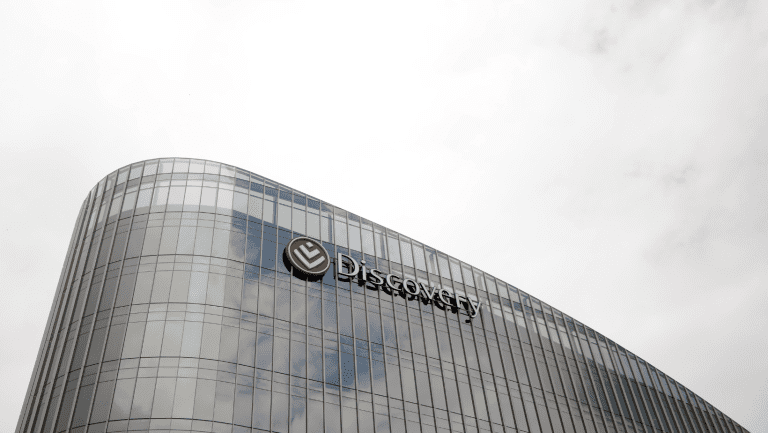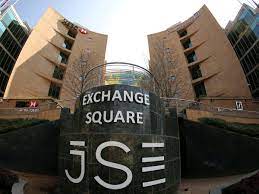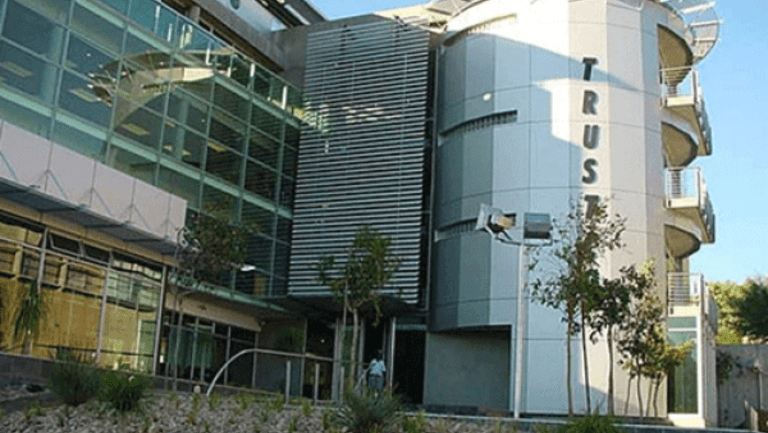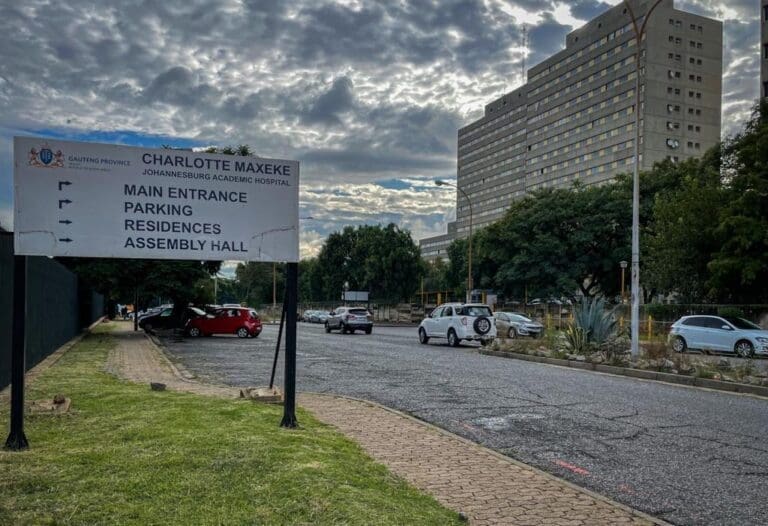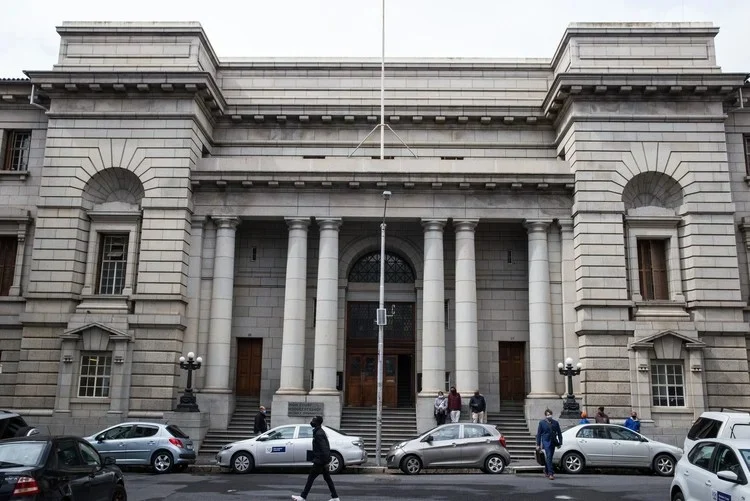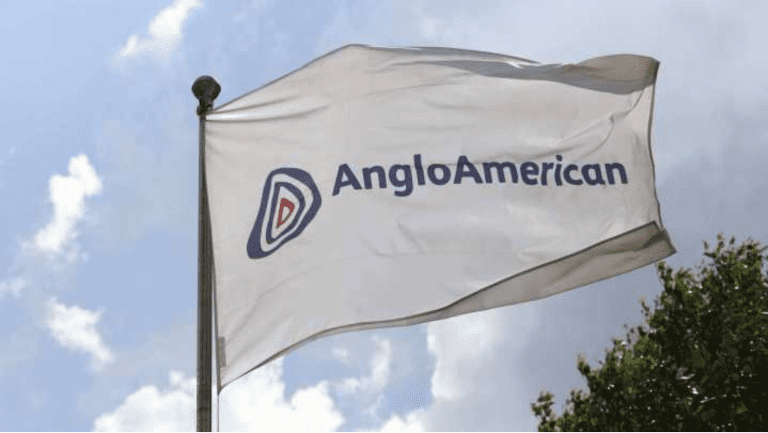Johannesburg | As predicted by the Bureau for Economic Research (BER), by the middle of next year, the South African economy might be back to pre-Covid-19 levels.
- Revenues from taxes had reached a slightly higher level of R590 billion by the end of August, marking a 9.7 percent gain above the February budget’s target.
- Despite the fact that the government is still on schedule to achieve a primary budget surplus by the middle of the decade, the spending risks associated with state-owned firms, particularly Eskom, are still significant.
- South Africa has the highest unemployment rate in the world, with a rate of 34.4 percent in the second quarter of this year, according to the World Bank.
- Tradition has it that the agricultural and tourism industries are the most important job creators.
National Treasury and PwC, on the other hand, believe that this will only be reached by 2023. Despite the bureau’s slow progress, Hugo Pienaar, its top economist, claims that economic reforms are beginning to take shape. According to him, speaking at the annual Tax Indaba, which is held by the South African Institute of Taxation (Sait), the country may be positive about the medium-term prospects than it could have been a year or even six months ago.
Revenues from taxes had reached a slightly higher level of R590 billion by the end of August, marking a 9.7 percent gain above the February budget’s target.
Several sectors, including mining and quarrying, manufacturing, agriculture, forestry, and fisheries – and, to a lesser extent, electricity and gas; as well as community and social services; and personal services – are driving this growth, according to South African Revenue Service (Sars) Commissioner Edward Kieswetter in his keynote address.
According to him, it is still possible to collect taxes that are past due because there is still “low-hanging fruit” to be found in the system. The minister continued by stating that restoring the integrity of the tax system requires the reconstruction of Sars.
As the author points out, this does not rule out the potential of future policy measures. This is something that will never be withdrawn from consideration. To put it another way, there is just too much inequality in the world.”
There are a variety of initiatives being discussed, including taxation of the digital economy, worldwide conversations about a minimal corporate tax, and the ongoing debate over wealth taxes, to name a few.
Pienaar warned about relying on the mining industry to bailout out the country’s struggling economy. However, while the industry has been doing so and has contributed to a faster recovery, it is still cyclical, and prices of major commodities have already begun to fall in recent weeks.
Production sectors such as manufacturing, construction, and agriculture must perform better in South Africa since these industries are able to absorb employees with low levels of education and training.
Speaking during the same session on the domestic economic recovery following the Covid disaster, National Treasury Chief Director Edgar Sishi stated that the country does not really have an option but to address structural issues that have been ingrained in the economy.
“As a result, we increased investment in sectors that were permanent in nature,” says the researcher. Spending increases on one-time items accounted for all of the increases in 2020 and 2021. We have prevented the increase in baseline spending from continuing indefinitely.”
Mr. Sishi stated that the Treasury Department’s most significant contribution has been to “rein in” spending and to compel other government agencies to prioritize more effectively on critical economic actions.
Despite the fact that the government is still on schedule to achieve a primary budget surplus by the middle of the decade, the spending risks associated with state-owned firms, particularly Eskom, are still significant.
The hazards are bubbling all around us and are threatening to become the wolves at the door, according to the author of the article.
According to Lullu Krugel, chief economist at PwC, South Africa’s unemployment, poverty, and inequality levels continue to be a source of concern for the country’s chief executives, who are awake at night worrying about these issues. When taken together, these three components have been effectively described as dry wood waiting for a spark to ignite.
Sishi underlined Treasury’s concern over the state of the labor market.
South Africa has the highest unemployment rate in the world, with a rate of 34.4 percent in the second quarter of this year, according to the World Bank. Tradition has it that the agricultural and tourism industries are the most important job creators.
The tourism business has been dealt a severe blow as a result of Covid-19, while the agricultural sector is grappling with the question of what investments are required in order for the employment multiplier effect to take root.
Specifically, how do you lower the cost of doing business in agriculture, and the answer is really labor expenses,” said Sishi, who went on to say that one will have to deal with the minimum wage and various exemptions to lower the barriers to entry in order to lower the costs of doing business.
Infrastructure constraints, such as the unpredictability of energy supply and the lack of well-functioning railway and port facilities, would be addressed, according to Krugel, lowering the cost of doing business on the continent.
Sishi stated that the construction industry has a significant employment multiplier impact, but that there must be a “credible pipeline of projects” in order for this to occur.
Treasury Secretary Shahid Sishi said the present public-private partnership process is being reviewed with the goal of making it easier, more streamlined, and less bureaucratic.
The need to specify more explicitly [what] the risk framework should look like, particularly for departments that are struggling to manage these partnerships, is also essential.
Pienaar went on to say that combating criminality on a big scale, such as cable theft, is critical.
“We need new infrastructure, but we also need to protect our present infrastructure from illegal activity,” says the minister.




